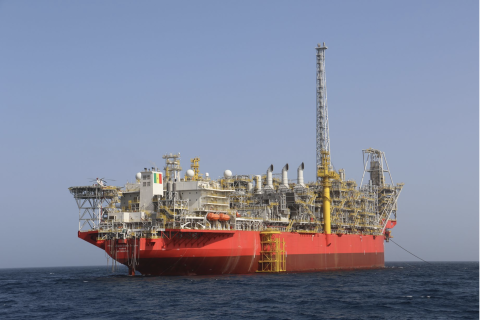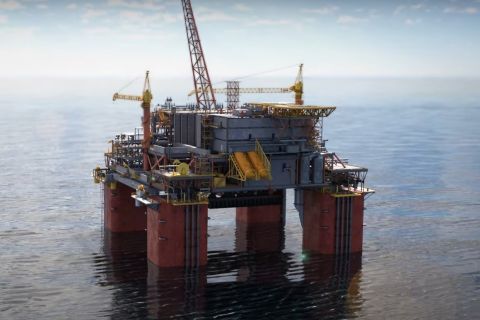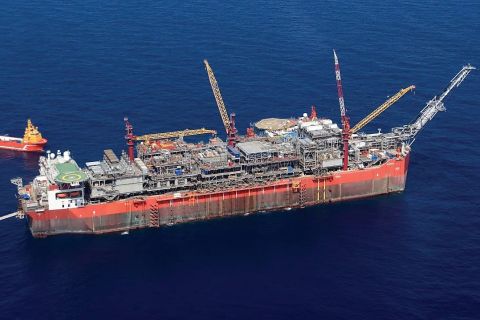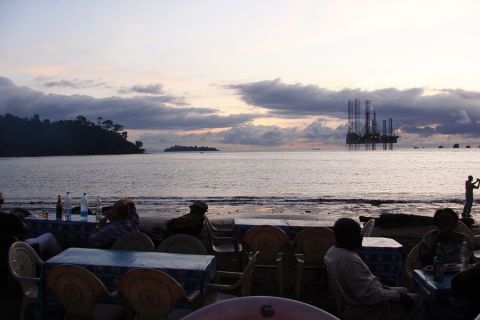Japanese trading company Mitsubishi Corp. said on Sept. 28 it had signed a memorandum of understanding (MOU) with the Port of Corpus Christi Authority of the U.S. to collaborate on large-scale production facility of fuel ammonia in Texas.
The move comes as part of Mitsubishi’s efforts to create global supply chains of the clean fuel to help Japan’s and other Asian countries’ attempts to combat climate change, the company’s senior vice president, Hiroki Haba, told the International Conference on Fuel Ammonia.
Ammonia is used for fertilizer and industrial materials, but is also seen as a future energy source, along with hydrogen. It does not emit CO₂ when burned, although it creates emissions if it is made with fossil fuel.
Other details of the MOU were not disclosed, but the two parties will look into building the production facility, with the aim for it to start operation in early 2030s and boost annual output capacity to 10 million tonnes by mid-2030s, a source at Mitsubishi, who declined to be named, said.
They would look into the possibility of making low-emission ammonia, produced from natural gas but eliminating emissions by capturing and storing the emitted carbon nearby, the source said.
Not far from the area, some companies pump carbon into oil reservoirs to boost pressure and increase production, a practice known as enhanced oil recovery, the source said.
Japan is aiming to expand its fuel ammonia demand to 3 million tonnes a year by 2030 and 30 million tonnes by 2050 from zero now, and create global supply chains of the fuel in a bid to slash CO₂ emissions and tackle climate change.
Recommended Reading
Sangomar FPSO Arrives Offshore Senegal
2024-02-13 - Woodside’s Sangomar Field on track to start production in mid-2024.
Deepwater Roundup 2024: Offshore Australasia, Surrounding Areas
2024-04-09 - Projects in Australia and Asia are progressing in part two of Hart Energy's 2024 Deepwater Roundup. Deepwater projects in Vietnam and Australia look to yield high reserves, while a project offshore Malaysia looks to will be developed by an solar panel powered FPSO.
Remotely Controlled Well Completion Carried Out at SNEPCo’s Bonga Field
2024-02-27 - Optime Subsea, which supplied the operation’s remotely operated controls system, says its technology reduces equipment from transportation lists and reduces operation time.
E&P Highlights: March 11, 2024
2024-03-11 - Here’s a roundup of the latest E&P headlines, including a new bid round offshore Bangladesh and new contract awards.
Deepwater Roundup 2024: Offshore Africa
2024-04-02 - Offshore Africa, new projects are progressing, with a number of high-reserve offshore developments being planned in countries not typically known for deepwater activity, such as Phase 2 of the Baleine project on the Ivory Coast.





